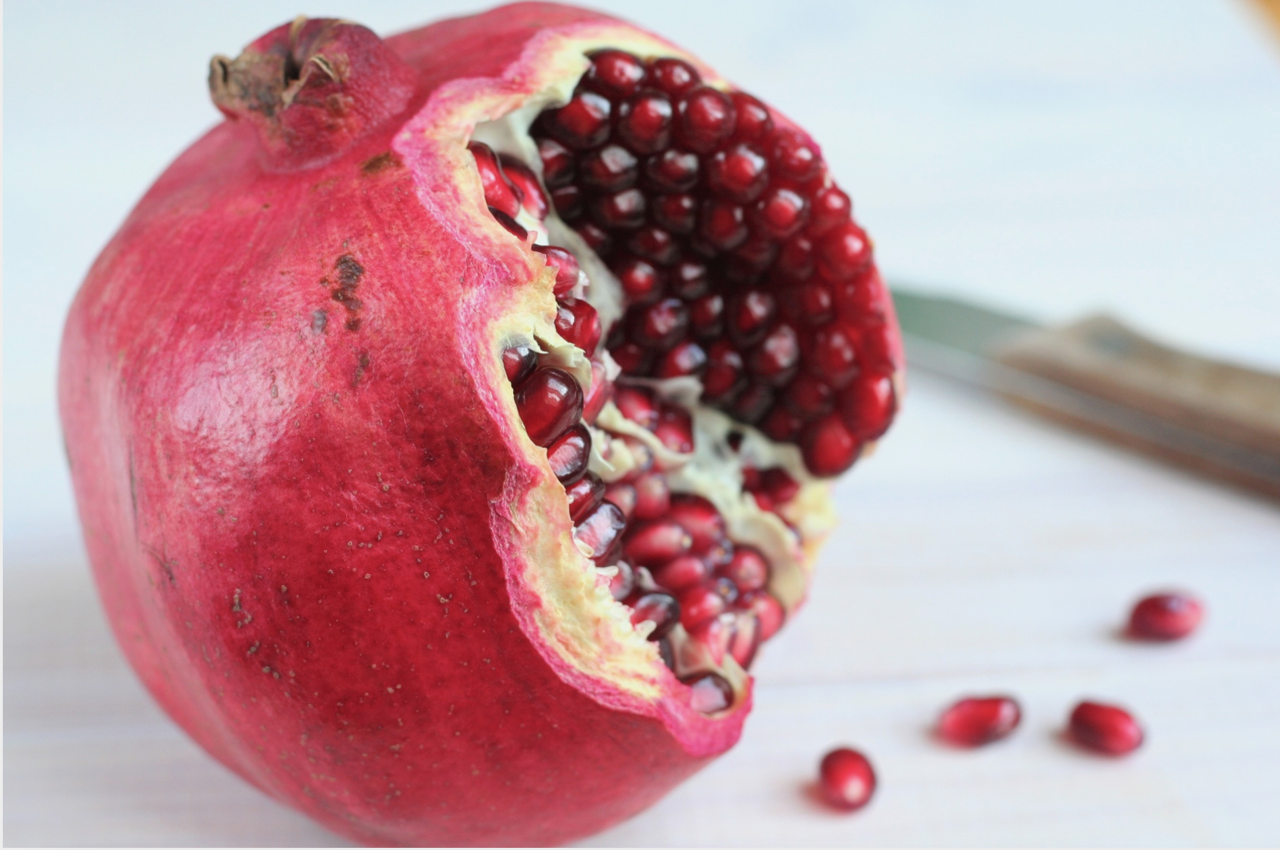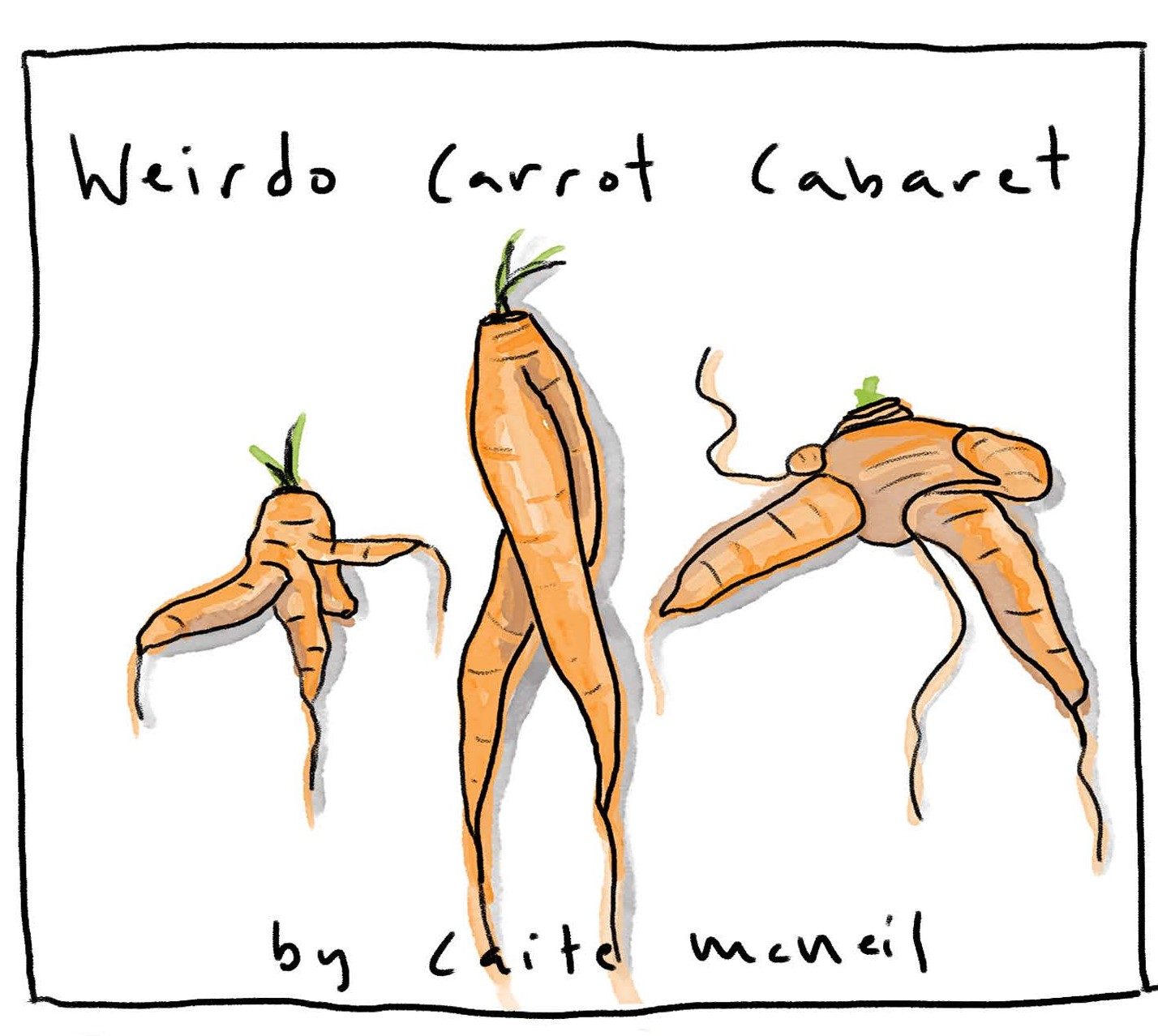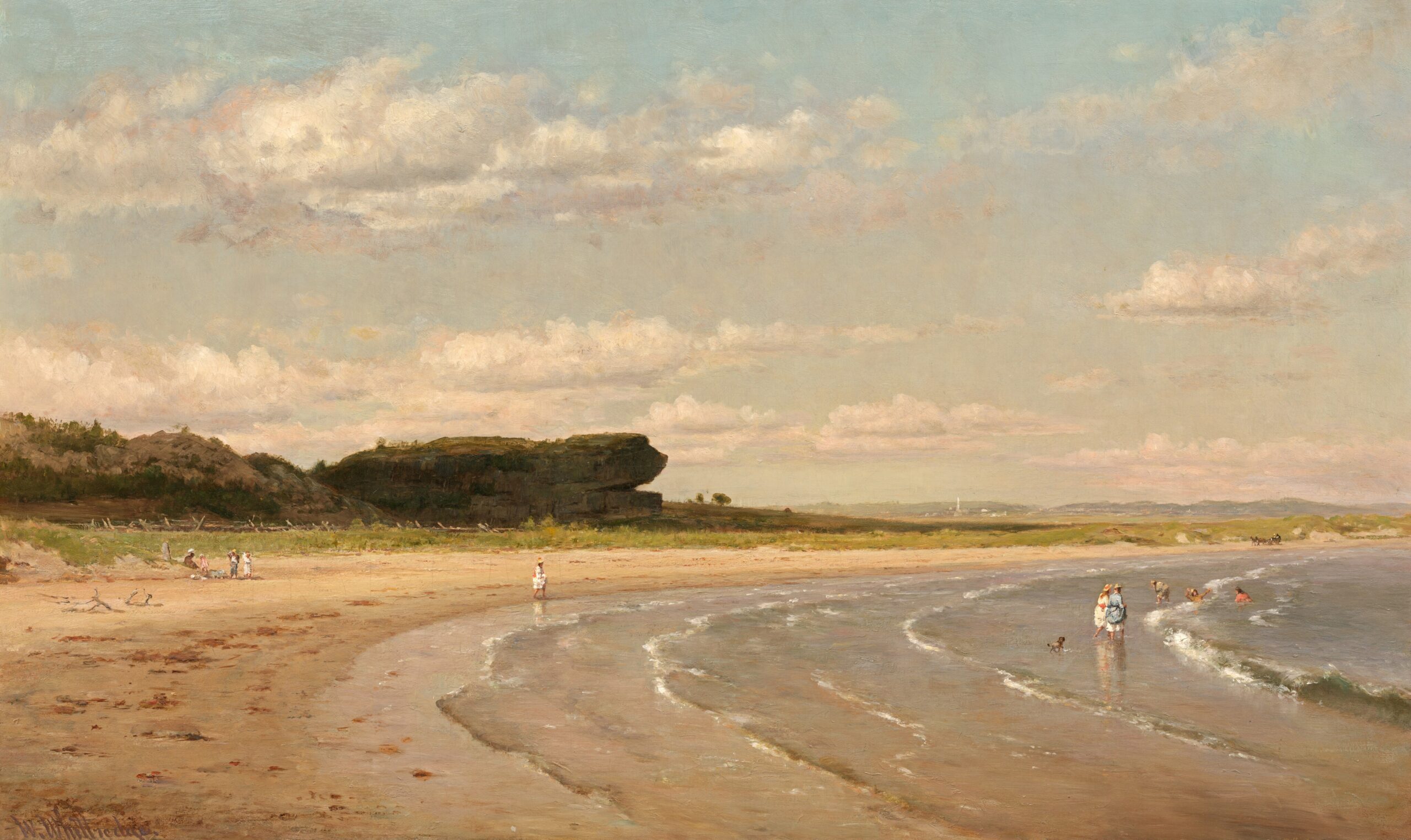Click here to view or print this poem as a PDF.
Hush.
Wolves are walking
into our deepest fear of waking, blind
and cold,
at the forest’s dead center.
Is this intimacy?
As we cling to the notion of them, to each other?
Aroused, they slink in
as convicts, bowed with self-hatred—
ghost-guardians, all breath
and electricity, shudder against shoulder.
Ice-coast of the forest.
~
Forest as coppery blur, a letter burnt
at its edges, unsent,
or else a thread, unraveling into many at its ends,
or else a circuit
composed of wolves in their chains,
owls as pins holding together
the pines, gods of the ghosts who storm in.
A whirlwind.
~
Owl smiles as it tears into the rabbit—
once so close to earth, it could run without touching
a single leaf—white blur, sped-up cloud.
Now a doll in a claw-like mouth.
And the owls in the sisterly boughs twist their heads
in competition. Admitting unfairness.
Envy as decay.
Why wolves kill in packs. Encircle the fawn’s broken legs.
~
What did the hand intend?
Separating the clouds so stereotypically? Like clouds do
in movies.
Above the forest’s unlit candles, owl flung across the vapor and solidity
of sky, like the prop that it was.
With prey in its jaw.
Besieged play, the animal and its victim suffer
a mutual debut.
Vision field. The near-empty stage. Feeling. Sick with it.
~
Owl stoops in its essence, blown
image, soiled reputation.
Where is wisdom?
In a tree’s hollowed ribcage. In heartlessness?
Steeped in night’s waters,
owl is boil and blossom together,
the forest’s ignition—
tar silhouette against tea-light,
wings lifted.
~
Owl loves to kiss its own ivory face
when flying the river,
crossing the desiccated forest to the flourishing
mirror, greeting its fancy-faced
brother, dressed lace collars, and born
to the sky’s highest power.
~
Owl in a serial hunt:
a humming thought allowed to wander,
compelled to earth, dripping petals.
Prey sees itself from the sky:
peril in the iris, panic behind closed eyes
of clover.
Flowers are mindless.
Part reptile—talons, the hard mouth—
all the rest, smoke.
~
Owl carries a snake in its mouth
like a victory banner, or branch offering unrest.
When the owl screams, it does so
in pleasure.
When the snake dies? When the owl dies?
They become the river.
Meaning river as trench the soul rides through.
The body’s irrelevant.
~
Limbo
in the copse (forest
in miniature).
Commiseration
(misery multiplied)
by the river.
Nostalgic for bodies,
ghosts tilt
between violets,
mourn over corpses
vanished in wind.
~
Wolves and their ghosts
kneel beside the glass-eyed river.
Downhill, the river widens, grows human
beside human fields
of smoke and music and pity.
Upstream, water weakens
where it begins, where the hard-shelled
insects and scrub brush
are banished.
~
What is a story, but branches bundled into sense
with flesh on it?
Skeleton as lesson.
For instance, the owls in their nursery.
Bent into each other’s breast, leaning into clean sleep,
they bite and nuzzle all night.
So the wolves.
Ghosts witness this and are in torment.
They miss the lover’s body.
How will I find you?
~
Rain occupies the larger part of an hour—
intermission in the forest’s theater, night’s filler
knifing the atmosphere.
Gnats first to emerge, after.
With frantic bodies, they try to locate each other.
A nightmare of wolves, fur whittled
to needles, gorgeous no more, show themselves
as the dogs that they are.
~
Minnows spark beneath the river’s marbled ceiling—
unadmiring of the owls crowning
above their bed—
vacant of wolf-philosophy,
but content to live coldly, wholly ignorant of the forest,
with shadow fluency.
~
Pussy willow bent against the verve
of the river, soft faces smuggled on branches.
Moon purrs, pours its cream.
How can you thirst when there is so much light?
Kittenish, they mew and bundle against the nipple.
Swell against the vespertine.
~
Wolf-jealousy—
the bees’ hive, a lantern
soaked on the tree.
To live in the lantern, its industry,
to exist as a bee,
to shape-shift, to inhabit
the darkening face,
neutrality changed to anger,
then returned its sugar.
Balm of the forest.
Such persuasive sweetness.
~
The forest’s tenants sting the river.
Understanding the trees will soon open their manifold doors.
And day will intrude on the dream.
This has happened before.
First the moon is erased, then their tenuous bodies.
With hardly a cry as they fade. Barely a crimp in the leaves.
~
Over time, and wordlessly,
the ghosts came to agree that sex was wholly
unnecessary.
The consequential moan, the exhaustion of afterwards.
Impossible now.
Water pouring through water.
~
Orphaned in the largest sense—
the god-sense—
and stationed long in the scent of wolf and water,
the ghosts forget
lives that once seemed essential, the human
bled out, left only a sentence:
I was afraid, but then I touched your hand
ever so literally.
~
To dream long is to dwell
in the thrill and the thrall, jailed in the fog
of a far-off forest.
Head-clouds rich with other lovers.
The dream flaunts the flower
of what might have been, then scatters its seeds
to haunt the rest of our hours.
Paula Bohince is the author of a poetry collection, Incident at the Edge of Bayonet Woods (Sarabande Books, 2008), and the recipient of a 2009 Fellowship from the National Endowment for the Arts. Her poems have appeared in The New Yorker, The Nation, Slate, Ploughshares, The Yale Review, and elsewhere.


